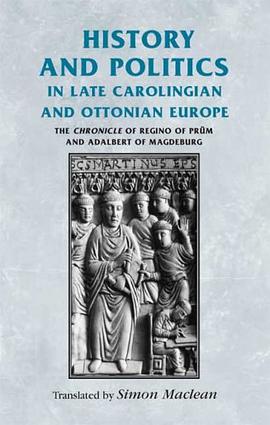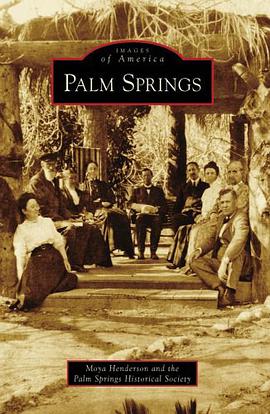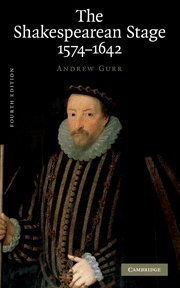

具体描述
While Latin American literary tradition frequently has been read with attention to monstrosity or the calibanesque, as overarching metaphors of collective identity or otherness, the specific roles and potential agency of disabled people as such rarely have been addressed in the context of this literature. Carnal Inscriptions explores manifestations of physical disability in Spanish American narrative fiction and performance, from Jose Marti's late nineteenth century cronicas, to Mario Bellatin's twenty-first century novels, from the performances of Guillermo Gomez-Pena and Coco Fusco to the testimonio and filmic depictions of Gabriela Brimmer. Readings combine critical approaches from the fields of Latin American cultural studies and disability studies, and emphasize intersections and disjunctures between metaphors of corporeal difference and monstrosity, and material histories of disabled or otherwise different bodies. The book calls for an ethics of interpretation, addressing the lived experiences of individual bodies and communities, through their entanglement with narrative and performative representation. This analysis points towards redefinitions of corporeality and disability in the contexts of Spanish American cultural production, and contributes to contemporary scholarly interest in disability and performance.
作者简介
目录信息
读后感
评分
评分
评分
评分
用户评价
相关图书
本站所有内容均为互联网搜索引擎提供的公开搜索信息,本站不存储任何数据与内容,任何内容与数据均与本站无关,如有需要请联系相关搜索引擎包括但不限于百度,google,bing,sogou 等
© 2026 book.wenda123.org All Rights Reserved. 图书目录大全 版权所有




















